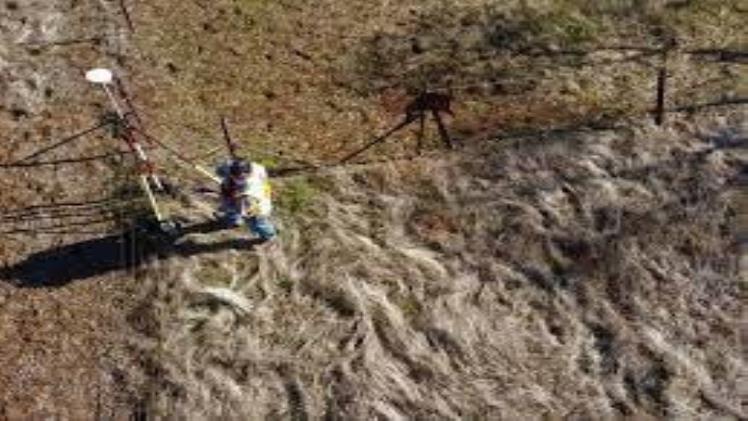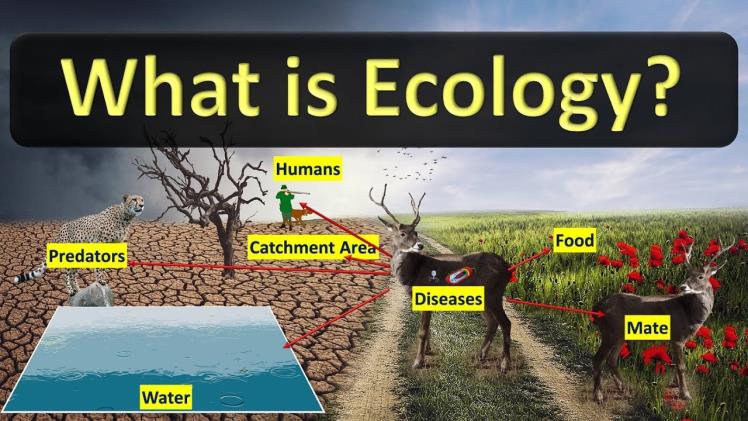What Is Environmental Surveying?

Environmental Surveying encompasses a variety of activities designed to protect and enhance the environment. This may involve detecting pollution, controlling it, monitoring air, water and soil quality, as well as protecting people and property from hazards.
* Baseline (or control) environmental surveys are commonly conducted during the early stages of development projects to detect any potential contamination issues and vulnerabilities. This type of survey also serves as a foundation for creating an appropriate site reclamation or mitigation plan.
**Ecological Impact Assessments- A separate ecological impact assessment process is necessary when a project may have an adverse effect on the local environment. These studies screen sites based on criteria set out in The Town and Country Planning (Environmental Impact Assessment) Regulations 2017.
Ecological Impact Assessments can be conducted prior to submitting a planning application or, more frequently, after the project has started. In either case, an EcIA helps guarantee that development does not harm or interfere with protected species and habitats.
An ecology survey is essential for spotting potential issues with a construction project before they become costly problems to fix later. Ecologists must discuss any impacts and devise a strategy for mitigating them before planning permission is granted.
Please visit for more information: Hyperverse
Conducting an ecology survey as soon as possible prior to a project can be highly beneficial, since it may significantly impact the outcome and scope of a planning application. For instance, if an ecology survey uncovers evidence of a protected species, an ecology consultancy must consult with local authorities before beginning work – which may prove costly if applications are not received promptly enough.
Depending on the site, surveys can range from a desk study to a detailed walkover of the area. As part of an ecological impact assessment report, field workers will identify plant species and record their presence during a habitat survey. The combined results from both desk study and habitat survey will form the basis for further assessment.
Once the results of the desk study and habitat survey have been documented, an Ecological Impact Assessment will be created by an ecological consultancy. This report will include a full account of their findings as well as any recommended mitigation schemes. Click here to know all about Social News
The report will be created in accordance with the UK Biodiversity Act 2010, which requires developers to secure a 10% biodiversity net gain when undertaking development work. If this goal isn’t achieved, projects could face heavy fines and enforcement action. Click here to know all About Lifestyle
It is crucial to conduct an ecology survey prior to starting any project, as the consequences of failing to do so could be dire; they could include a lengthy court battle or even lead to deportation for your staff members. By getting this done early on, you will save yourself time, money and reputation in the long run.


